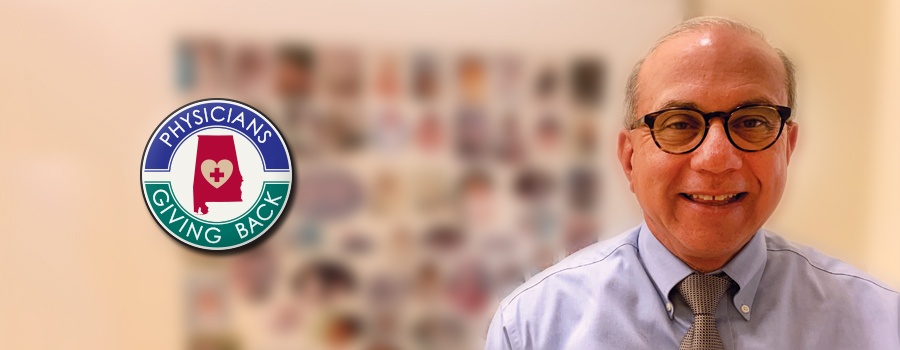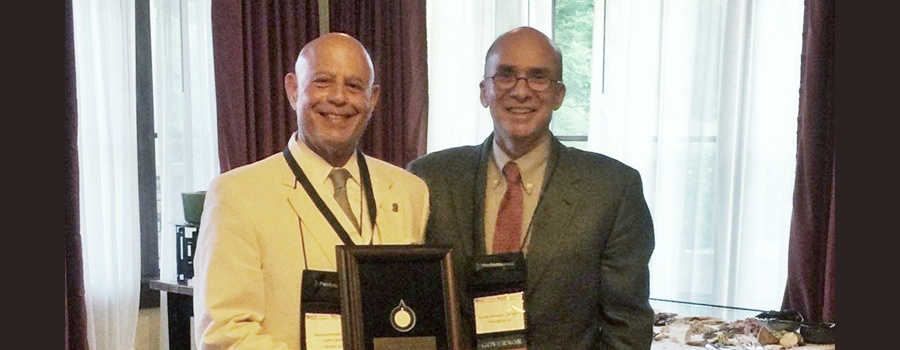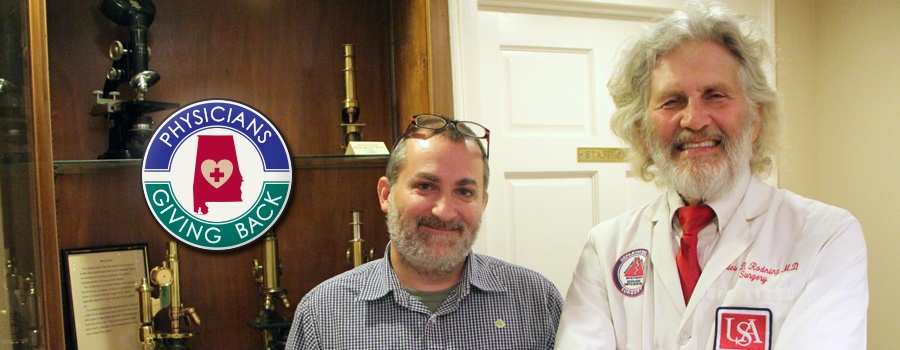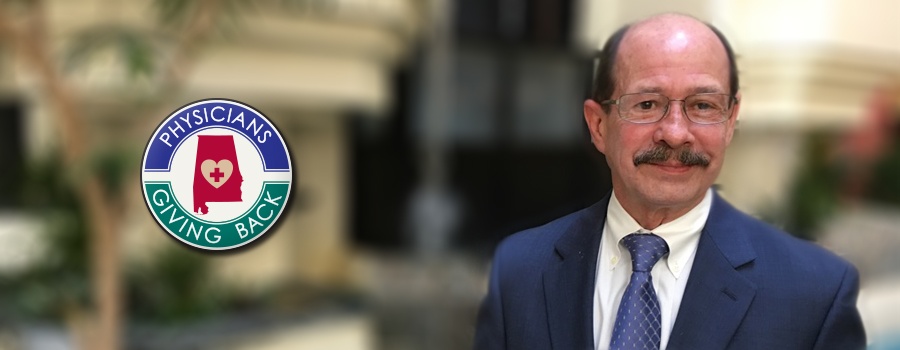Tag: mobile
-

It’s Not Just About the Medicine with George Koulianos, M.D.
MOBILE – The main hallway of The Center for Reproductive Medicine in Mobile is lined with photos of smiling babies. The large collages are softly lit by recessed lighting in the ceiling above each frame, and as you walk down the hallway, it’s impossible not to smile at what the physicians and staff affectionately refer…
-

Bernard H. Eichold II, M.D. Receives 2018 Laureate Award
The Alabama Chapter of the American College of Physicians recently presented the 2018 Laureate Award to Bernard H. Eichold II, MD, DrPH, FACP of Mobile. He has been a supporter of the College and has represented its professional ideals throughout his career. He has also been a longstanding advocate for public health in the State…
-

-

Just a Guy with a Ladder with Lee Irvin, M.D.
MOBILE – You probably don’t know Lee Irvin, M.D., of Mobile, and he’s fine with that. He’s the kind of gentleman you’d love to hang out with and have a drink or dinner with…swap stories with. But it’s easy to see that his medical mission over the last couple of years wears heavy on his heart.…